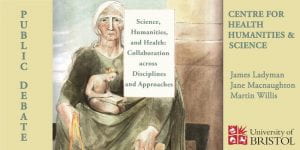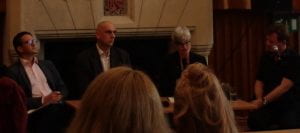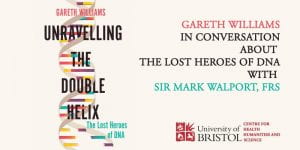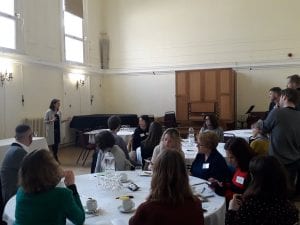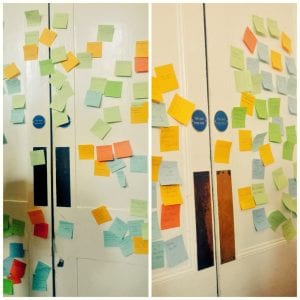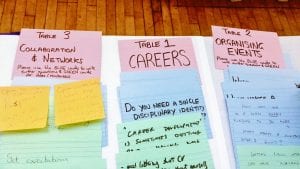The CHHS public debate, ‘Science, Humanities and Health: Collaboration across Disciplines and Approaches’ took place on 10/06/19.
The debate brought together three renowned scholars, who have worked collaboratively across humanities and science disciplines, to discuss their research. The topics debated included; what are the barriers to such collaborations and can they be overcome? How can a shared language be created? Are the disciplinary differences always a hindrance? Professors Macnaughton, Willis and Ladyman discussed whether and how is it possible to overcome disciplinary barriers and methodological differences and work fruitfully across humanities and the sciences.
Chair: Dr Julian Baggini
Speakers: Professor Jane Macnaughton (Durham), Professor James Ladyman (Bristol) and Professor Martin Willis (Cardiff)


